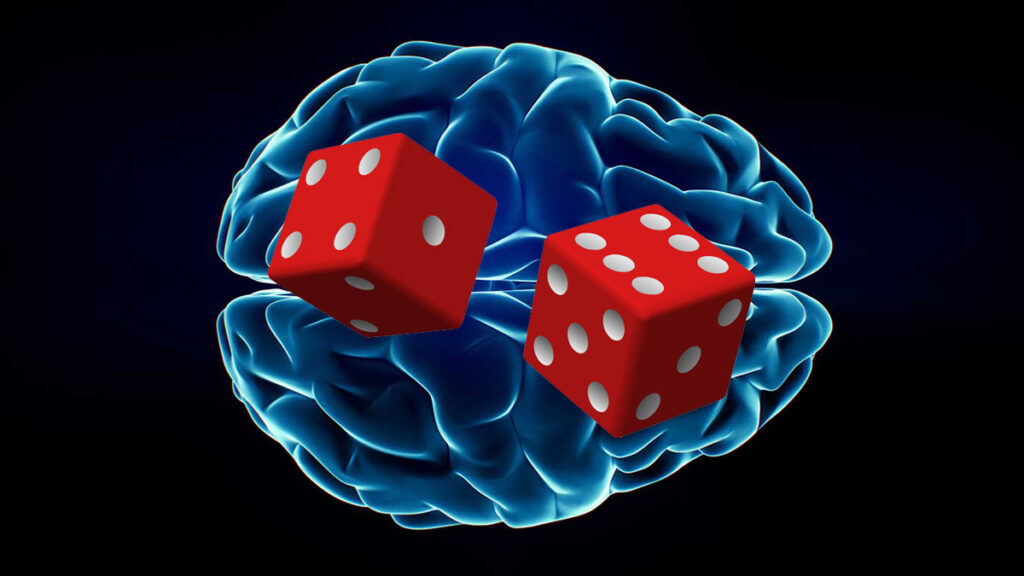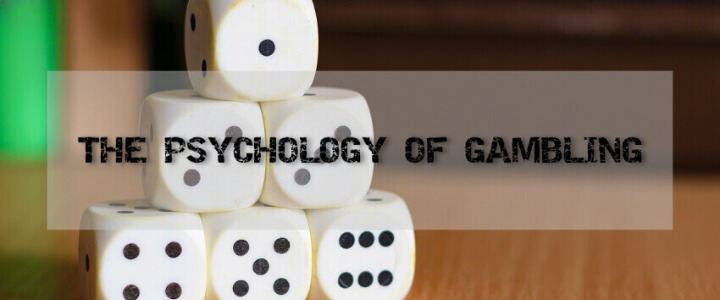Gambling addiction is a complex and multifaceted issue that affects individuals worldwide. Bangladesh, like many countries, has witnessed the impact of addiction on people and their families.
The Reward System
The psychology of gambling addiction is closely tied to the brain’s reward system. When individuals engage in such activities, their brains release dopamine, a neurotransmitter associated with pleasure and reward. The anticipation of winning and the occasional reinforcement of small wins reinforce the brain’s reward system, creating a powerful psychological response that motivates individuals to continue gambling.
Reinforcement and Operant Conditioning
Addiction can be reinforced through the principles of operant conditioning. When individuals experience a win, they receive positive reinforcement, leading to a desire for more of the same rewarding experience. This reinforcement strengthens the association between casinos and positive emotions, making it difficult for individuals to resist the urge to continue playing, even when faced with losses.
Cognitive Distortions
Cognitive distortions play a significant role in the development and maintenance of gambling addiction. Individuals with problems often exhibit distorted thinking patterns, such as the illusion of control, the gambler’s fallacy, and selective memory. These cognitive distortions lead people to believe that they have control over the outcome of their bets or that past losses increase the likelihood of future wins. Such distorted thinking perpetuates the cycle of gambling and contributes to the development of dependence.

Escape and Self-Medication
For some people, dependence serves as a means of escape or self-medication from underlying emotional or psychological issues. Gambling may provide temporary relief from stress, anxiety, or depression, creating a psychological dependence on the activity as a coping mechanism. The excitement and thrill of gambling can momentarily distract individuals from their problems, leading to a cycle of continued playing to avoid facing the underlying issues.
Social Factors and Peer Influence
Social factors and peer influence also contribute to the development of gambling addiction. Individuals who are surrounded by friends or family members who gamble are more likely to engage in it themselves. The normalization of this within social circles can lead individuals to perceive gambling as a socially acceptable and enjoyable activity, increasing their likelihood of developing an addiction.
Intervention and Support
Addressing gambling addiction requires a comprehensive approach that encompasses psychological interventions, support systems, and public awareness campaigns. Cognitive-behavioral therapy (CBT) has shown effectiveness in treating gambling addiction by helping individuals identify and challenge their distorted thinking patterns. Support groups, such as Gamblers Anonymous, provide a valuable platform for individuals to share their experiences and receive support from others who have gone through similar struggles.

